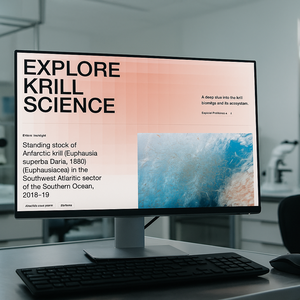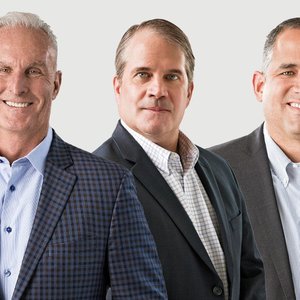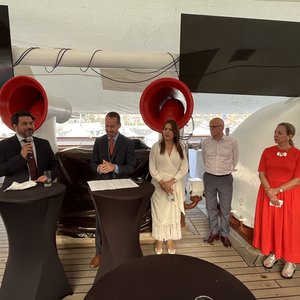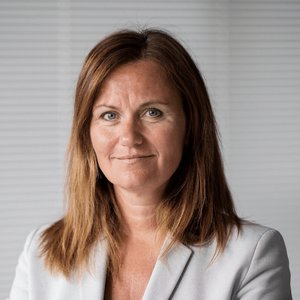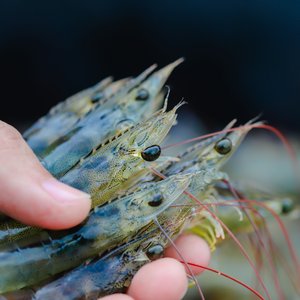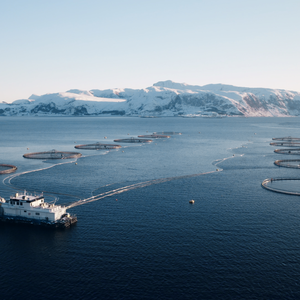Why are consumers being swayed away from farmed fish? Who benefits? Who funds this?
"Based on flawed science and false claims published in journals which they have heavily funded, American foundations with $US 21 billion in assets are propping up market demand for "wild" fish by scaring consumers and retailers away from the competition: farmed fish". So says Vivian Krause in the introduction to her blog www.fair-questions.com.
Krause, a nutritionist and former Nutreco employee and a concerned citizen, is standing up to the environmental heavyweights and demanding answers from the likes of Alexandra Morton, David Suzuki and Science magazine. She is also asking, what she describes as "The Big Four" - The William and Flora Hewlett Foundation, The David & Lucile Packard Foundation, The Gordon & Betty Moore Foundation and The Pew Charitable Trusts, who between them support wild salmon interests to the tune of millions of dollars, to "please clear up the misinformation about farmed fish and please stop thwarting aquaculture on the basis of flawed science and false claims".
On April 13, 2010, Vivian Krause stood in front of the Mayor and Council of Campbell River, BC, Canada and told them that in 2006, she unexpectedly came across a grant in the on-line database of the Gordon and Betty Moore Foundation, which, she said, reported that it paid SeaWeb $560,000 to co-ordinate an "antifarming campaign." This was to include "science messages," "earned media," and "co-ordination of media for "antifarming environmental organizations."
Krause explained that the same groups that oppose farmed salmon also promote "wild" salmon, which is tantamount to promoting Alaskan salmon since in North America, more than 90 percent of "wild" salmon is Alaskan.
The main issues that the "reformers" have raised are contaminants, colorants, impacts on marine mammals, waste, and of course, sea lice. "The problem is, with regards to every one of these issues, the information provided by the "reformers," is selective, and in some instances, its flagrantly untrue".
Claims that sea lice from salmon farms put wild salmon at serious risk of extinction are now central to the demarketing of farmed salmon and are flagrantly unsubstantiated and false. One of Alexandra Morton's colleagues reports that more than 500 news stories have publicized sea lice research. At the University of Alberta - where Alexandra Morton's sea lice research was done - the sea lice researchers reported to the administration of the university that they had a "research partnership" with SeaWeb and that SeaWeb generated about 150 news stories about its sea lice research.
The same foundation that paid SeaWeb to co-ordinate the "antifarming campaign" has since admitted that it funded the sea lice research itself - through the David Suzuki Foundation.
Krause went on to show that "The Big Four" are at the heart of a web of pro-Alaskan and anti-aquaculture activity that links prestigious journals, the Marine Stewardship Council, SeaWeb, the David Suzuki Foundation, Alexandra Morton, the Farmed & Dangerous campaign, the World Wildlife Fund, Greenpeace, and more.
Her presentation was based on years of meticulous research and correspondence with the people and organizations she mentions - all of which can be found on her website: www.fair-questions.com, along with press reports and background information. She has asked hard questions - always in a polite and respectful tone - and correspondence is also available.
More information:
Sea Lice Research: Science or Marketing? - Vivian Krause, www.fair-questions.com
"Since 2000 SeaWeb has been paid in excess of $8.5 million to co-ordinate Seafood Choices, a marketing strategy to get Wal-Mart and other large U.S. retailers to preferentially sell fish that is certified by the Marine Stewardship Council (MSC). A substantial number of MSC-certified products are Alaskan salmon. SeaWeb was also paid to co-ordinate an “antifarming campaign” involving “science messages” and “earned media” to shift consumer and retailer demand away from the competition: farmed salmon.25,26 SeaWeb reports that the international publicity of the CMB’s sea lice research findings is one of SeaWeb’s “top accomplishments.” More ...
Research on Contaminants in Farmed Salmon: Science or Marketing? - Vivian Krause, www.fair-questions.com
"In light of the analysis presented, it does not appear to the author that Hites et al. (2004) was published on the basis of scientific merit. It does appear that the worldwide publicity of this study was part of a well-planned, wellfunded marketing campaign". More ...
More on www.fair-questions.com



